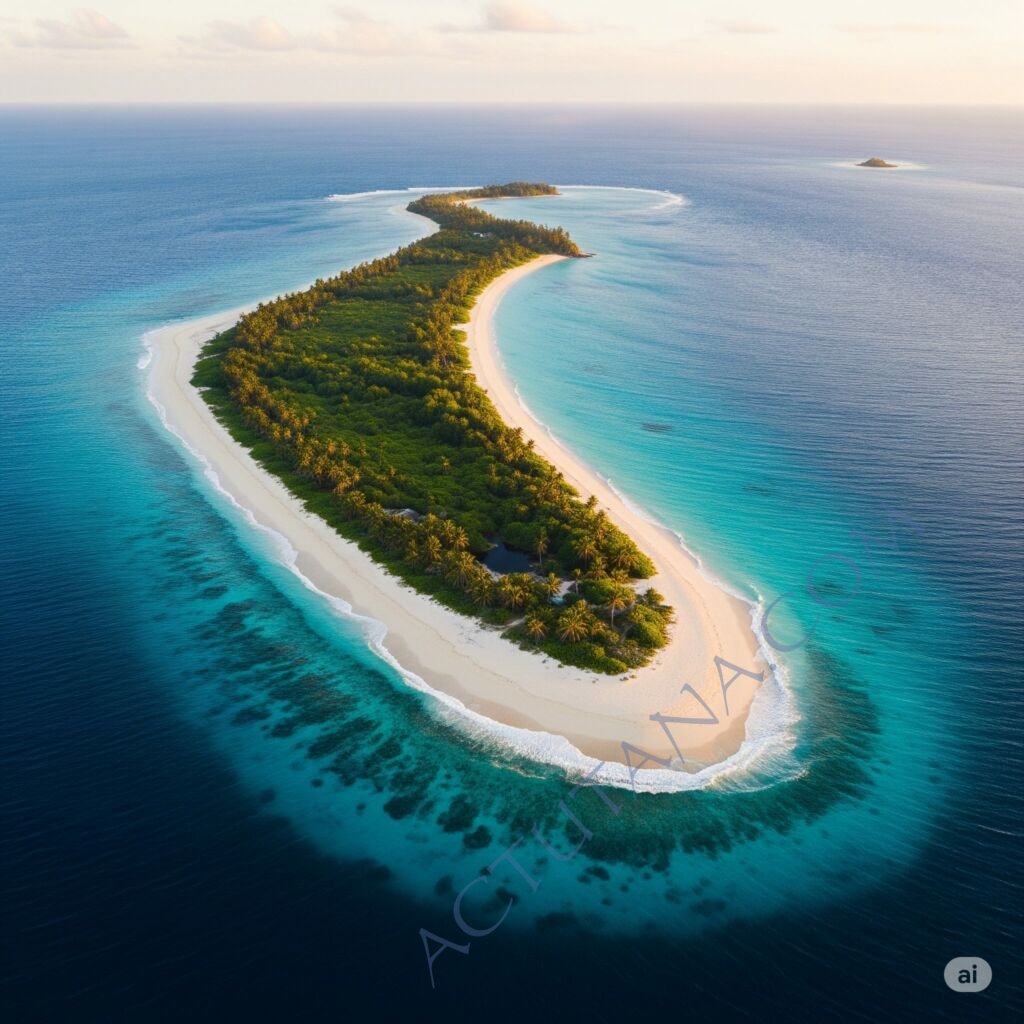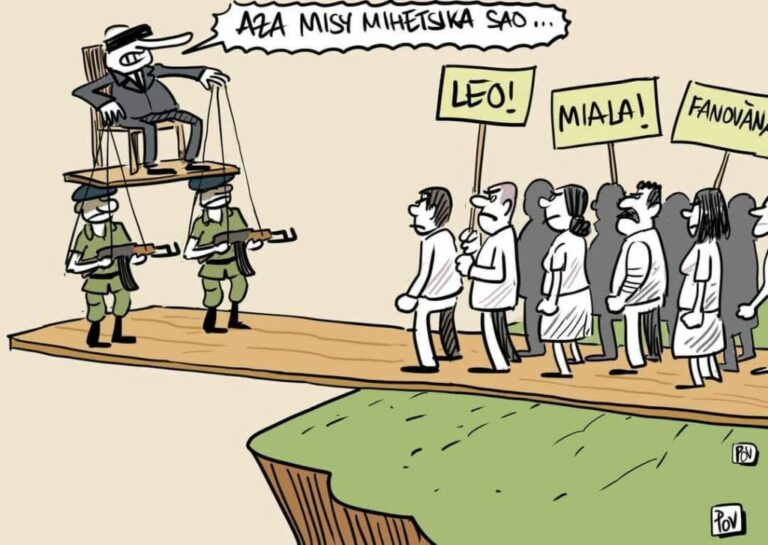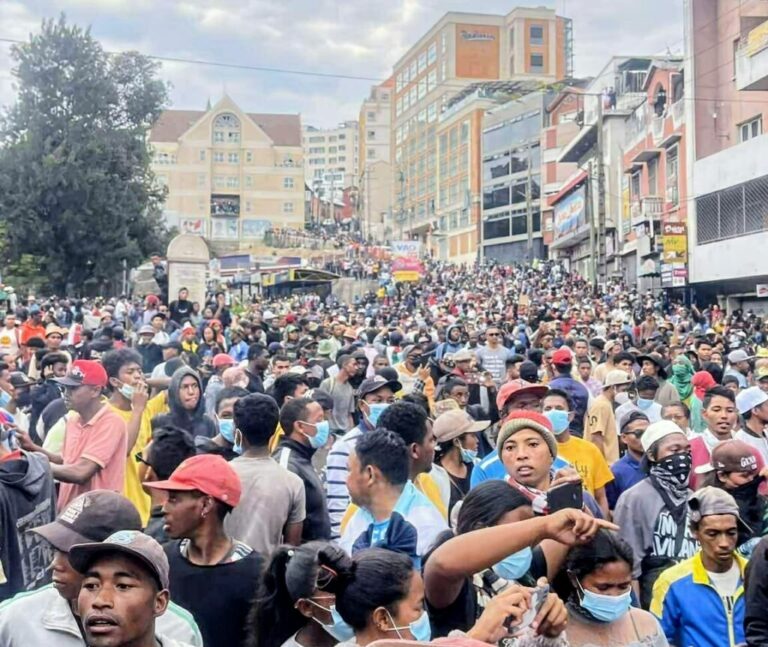
Huh? This title obviously refers to the persistent and often rekindled dispute over the sovereignty of these small archipelagos in the Indian Ocean, currently under French administration.
These islands (Europa, Juan de Nova, Glorieuses, Bassas da India, and Tromelin) are strategically located in the Mozambique Channel and east of Madagascar.
Although they have no permanent population, they are of major geopolitical and economic importance for several reasons:
- Huge Exclusive Economic Zone (EEZ): Thanks to these islands, France has a considerable EEZ (over 1 million km² in the western Indian Ocean), rich in marine resources (fishing) and potentially in hydrocarbons. Significant gas deposits have been discovered in the region.
- Control of shipping routes: The Mozambique Channel is a key transit route for global trade, particularly for oil. The French presence there is perceived as an element of security and surveillance.
- Biodiversity and scientific research: These islands are hotspots of marine biodiversity, constituting veritable natural laboratories for scientific research and environmental protection.
- Regional influence: Maintaining these islands allows France to maintain a significant presence and diplomatic and military influence in the Indian Ocean.
Claims of neighboring countries
French sovereignty over these islands is contested by several coastal countries, mainly:
- Madagascar: The large island claims most of the Scattered Islands (Glorieuses, Juan de Nova, Europa, Bassas da India), arguing that they were an integral part of its territory before its independence in 1960. A French decree of April 1960 arbitrarily separated them just before independence. The UN has also adopted resolutions calling for negotiations for their reinstatement.
- Mauritius: Mauritius claims the island of Tromelin, considering that it was not ceded to France by the Treaty of Paris of 1814.
- The Comoros: Although their claim focuses primarily on Mayotte, they have also expressed concerns regarding the entire region.
Why the “old chestnut”?
This dispute is called an “old chestnut” because it regularly resurfaces, despite attempts at dialogue or periods of calm.
Economic and strategic issues, combined with the historical and decolonization arguments put forward by the riparian countries, maintain tensions.
France, for its part, firmly maintains its sovereignty over these territories, arguing their historical affiliation and their crucial role in its Indo-Pacific strategy.
Discussions are complex, and the status quo persists, with no solution appearing to emerge in the short term.

Yet another meeting will be held in Paris on June 30, 2025, but it is unlikely to fundamentally change the positions of the various stakeholders on the subject.

This case is a striking example of the complex colonial legacies and contemporary geopolitical issues related to natural resources and the control of maritime spaces.

 5119.73 ar
5119.73 ar 4374.44 ar
4374.44 ar







